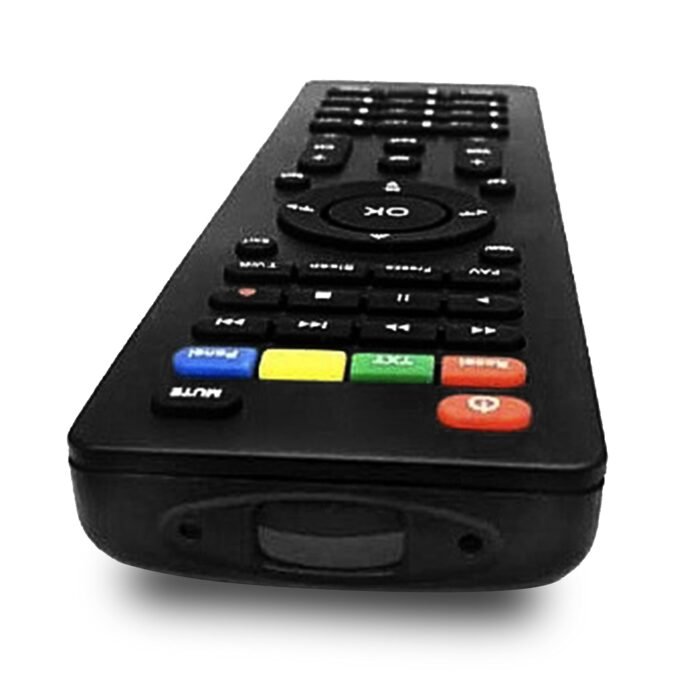Introduction
In an era of rapidly advancing technology, the capabilities of surveillance have expanded beyond our imagination. One such innovation that has captured both fascination and concern is the remote-controlled spy camera. These discreet devices, equipped with remote control capabilities, have found their way into various fields, from security to personal use. This article delves into the ethical implications and practical applications surrounding remote-controlled spy cameras.
I. Understanding Remote-Controlled Spy Cameras
Remote-controlled spy cameras, often colloquially referred to as “hidden cameras,” are miniature devices designed to capture images and videos without detection. These cameras can be placed in inconspicuous locations, making them ideal tools for surveillance. The remote control functionality allows the operator to start or stop recording, adjust camera angles, and even stream live footage from a distance.
II. Practical Applications
1. Security and Surveillance
Remote-controlled spy cameras have become a crucial tool in enhancing security measures. They are employed in various public and private spaces, such as retail stores, banks, and offices. These cameras can monitor activities, deter criminal behavior, and provide valuable evidence in case of incidents.
2. Home Monitoring
Many homeowners use remote-controlled spy cameras to monitor their residences when they are away. These cameras can help identify intruders, monitor pets, or keep an eye on the well-being of family members, such as children or the elderly.
3. Wildlife Observation
In the realm of natural sciences, researchers use remote-controlled spy cameras to study wildlife in their natural habitats without human interference. These cameras offer insights into animal behavior, helping conservationists make informed decisions about protecting species and ecosystems.
4. Journalism and Investigative Reporting
Journalists and investigators can employ remote-controlled spy cameras to uncover stories that would otherwise be difficult to capture. This can include documenting inaccessible areas, recording interviews, or shedding light on sensitive topics.
III. Ethical Considerations
1. Privacy Concerns
The most prominent ethical concern surrounding remote-controlled spy cameras is invasion of privacy. When used without consent or in private spaces, these devices can infringe on individuals’ right to privacy. Striking a balance between security and privacy is essential to avoid violating ethical boundaries.
2. Consent and Transparency
It is imperative that the use of remote-controlled spy cameras is accompanied by clear communication and consent. In public spaces, notifying individuals of surveillance can prevent mistrust and legal issues. In private settings, obtaining permission from those being recorded is paramount.
3. Potential Misuse
The discreet nature of these cameras opens the door to potential misuse. Unscrupulous individuals might exploit this technology for voyeurism, blackmail, or other illicit purposes. Legislation and regulations should be in place to deter such behavior and provide legal consequences.
4. Selective Editing
The captured footage from remote-controlled spy cameras may not always provide a complete or accurate representation of events. Selectively editing or misinterpreting footage could lead to misinformation or manipulation of the truth, emphasizing the need for responsible use and unbiased reporting.
IV. Legal Framework
The legality of using remote-controlled spy cameras varies by jurisdiction and intended use. Laws often hinge on factors such as consent, location, and the purpose of recording. While some countries permit recording in public spaces, others require explicit consent from all parties involved. It is crucial for users to familiarize themselves with local laws to ensure their actions align with legal requirements.
V. Ensuring Ethical Use
1. Responsible Use Guidelines
Organizations and individuals employing remote-controlled spy cameras should establish clear guidelines for their use. These guidelines should emphasize the importance of consent, transparent communication, and respectful behavior.
2. Training and Education
Proper training on the ethical use of remote-controlled spy cameras can prevent unintentional violations. Education can raise awareness about potential pitfalls and help users make informed decisions.
3. Accountability and Oversight
Implementing mechanisms for accountability and oversight can help prevent misuse. Regular audits and reviews of surveillance practices can identify and rectify any ethical breaches.
Conclusion
The advent of remote-controlled spy cameras has transformed the way we approach security, research, and documentation. However, their potential for misuse and ethical concerns cannot be ignored. Striking a balance between utility and responsibility is paramount to ensure that these devices are used ethically and legally. By embracing transparency, obtaining consent, and abiding by relevant laws, we can harness the power of remote-controlled spy cameras for the greater good while respecting the rights and privacy of individuals.
